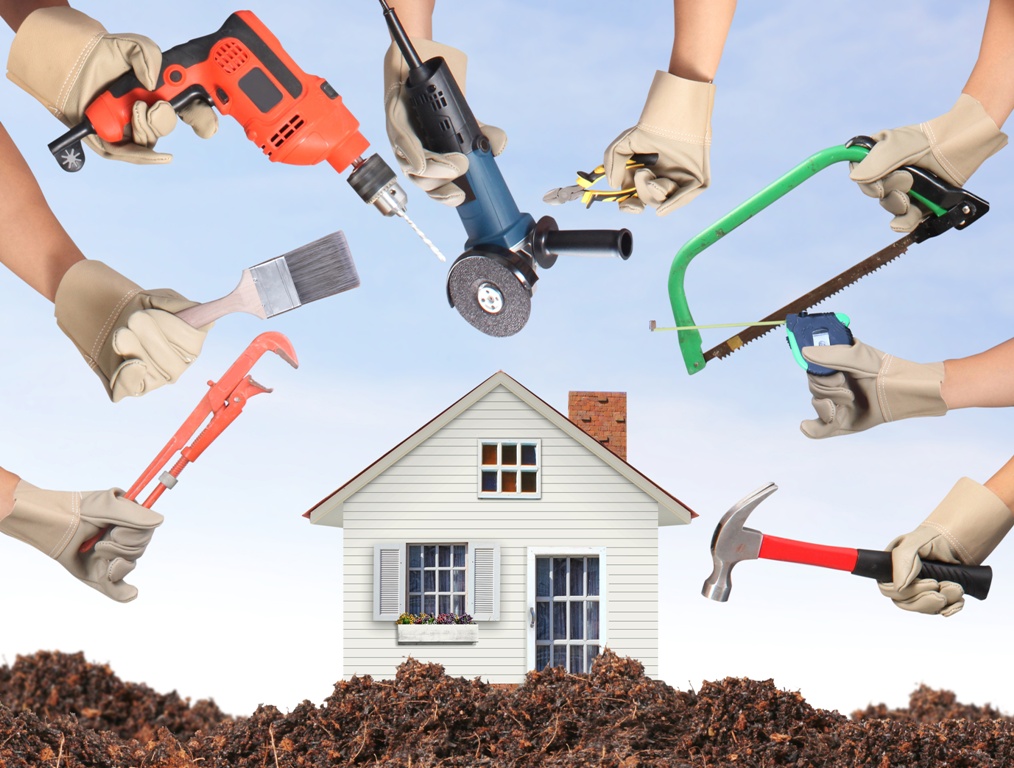Written by: Erin Best of REW
Understanding the lifespan of appliances within your home is an important part of homeownership.
From heating, ventilation and air conditioning (HVAC) systems to kitchen appliances, these components are the unsung heroes that maintain comfort and functionality. Yet, just like any machinery, they come with a finite lifespan, requiring you to know when repair or replacement is the optimal choice. Understanding the lifespan and costs associated with maintaining or replacing those items influence your decisions when buying a home.
Understanding Lifespans
- HVAC systems:
- The heart of your home's comfort, HVAC systems typically last 15 to 25 years. Regular maintenance, such as replacing air filters every three months and scheduling annual inspections and tune ups, can extend this lifespan. If your system is nearing the end of its life, frequent breakdowns and rising energy bills indicate it's time for an upgrade. The cost of replacing an HVAC system typically ranges from $5,000 to $10,000 or more, depending on the system's size, efficiency, and complexity of installation.
- Standard hot water tank:
- A standard 40 gallon hot water heater lasts between eight to 12 years with constant use. Sediment buildup and corrosion can shorten its lifespan. Regular flushing and maintenance can delay replacement, but leaking or inconsistent heating are signs it's time to invest in a new one. Replacing a hot water tank can cost anywhere from $800 to $2,500, with factors such as the type of tank (tankless vs. traditional), capacity, and installation requirements influencing the overall cost.
- Kitchen appliances:
- Refrigerators, dishwashers and stoves typically last 10 to 15 years. Advances in technology may tempt you to upgrade sooner, but unless they're consistently malfunctioning or inefficient, repairs will suffice. The cost of replacing kitchen appliances varies widely depending on the brand, model and features desired. For a full suite of appliances (refrigerator, dishwasher, stove, oven, microwave), homeowners can expect to pay upwards of $2,500.
- Roofing:
- While not strictly mechanical, your roof is a vital structural component. Asphalt shingles last 15 to 30 years, while metal roofs can endure 50 years or more. Inspections after severe weather events and regular maintenance can extend their lifespan. The cost of replacing roofing depends on factors such as the roofing material, roof size, pitch, and complexity of the roof's design. On average, homeowners can expect to pay between $5,000 and $15,000 for a new roof made of asphalt shingles and with premium materials and intricate designs costing significantly more.
- Plumbing:
- Supply pipes can last 70 to 100 years, but factors like water quality and material quality influence longevity. On the other hand, fixtures like faucets and showerheads may only last 15 to 20 years. Persistent leaks or water discoloration are red flags for replacement. The cost of replacing plumbing in a home can vary widely depending on the extent of the project, the type of pipes being replaced (e.g., supply pipes, drain pipes), and accessibility. Small repairs may cost a few hundred dollars, while repiping an entire house can range from $2,000 to $15,000 or more.
Repair or Replace? That is the question.
Knowing when to repair or replace mechanical items can save you both money and headaches:
- Frequent repairs:
- If you find yourself constantly calling for repairs, it may be more cost-effective to replace the item, especially if it's nearing the end of its expected lifespan.
- Energy efficiency:
- Newer models are often more energy-efficient, saving you money in the long run on utility bills. If your appliances or HVAC system are outdated, an upgrade can lead to significant savings.
- Safety concerns:
- Malfunctioning mechanical items can pose safety hazards. If you notice unusual noises, odours or erratic behaviour, prioritize safety and consider replacement.
When budgeting for home improvements, homeowners should obtain multiple quotes from reputable contractors and consider factors beyond just the upfront cost, such as energy efficiency, warranties and long-term maintenance requirements. Additionally, homeowners may be eligible for rebates, tax incentives or financing options that can help offset the cost of these upgrades. If you are not sure where to start, check in with your agent for a list of trusted contractors their clients have used in the past.
